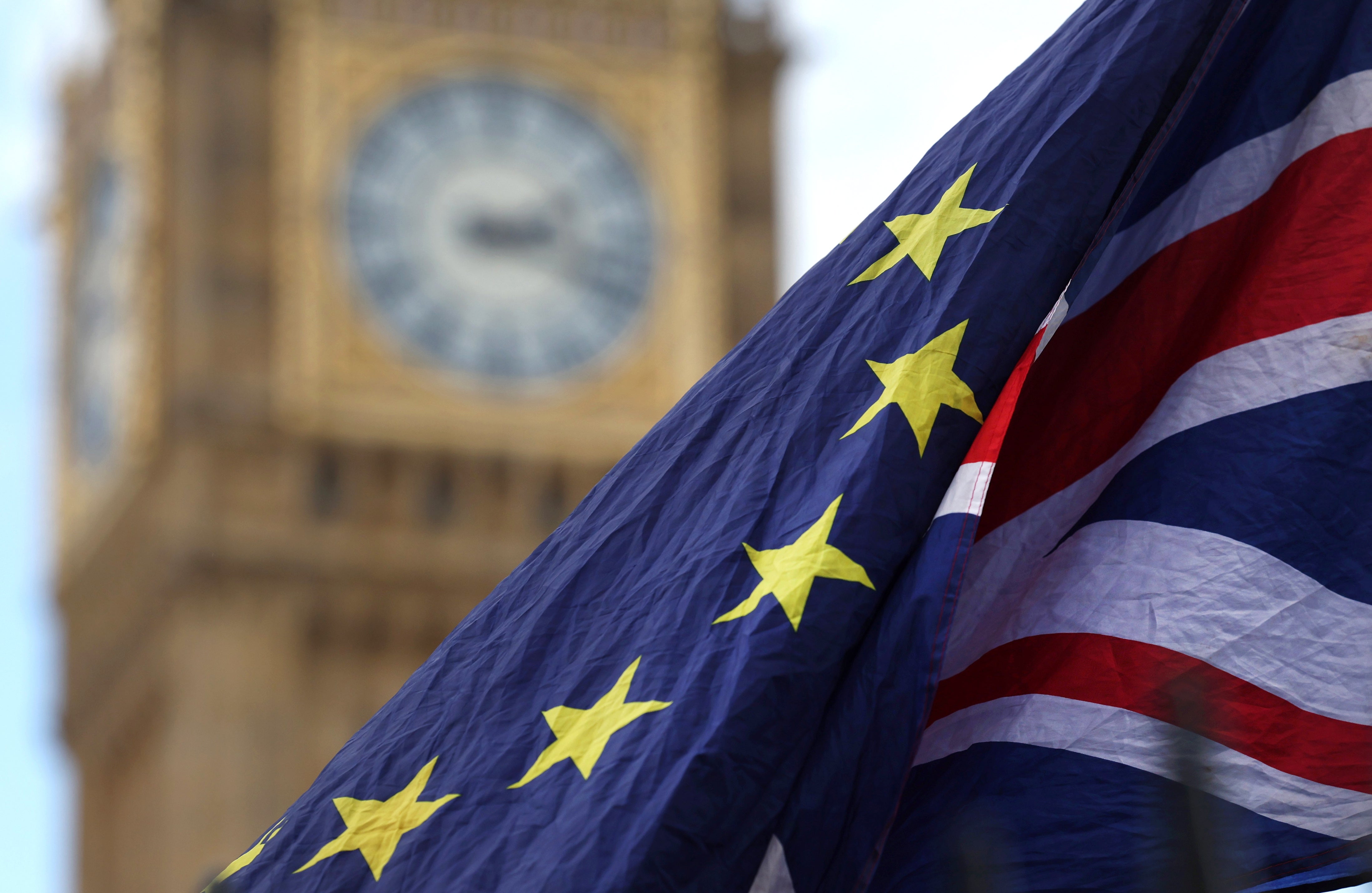Brexit will really start to bite us in 2024. How ready are you?
Next year, British passport holders travelling to the EU will have their fingerprints taken and their faces scanned – but these are not the only new Brexit ‘freedoms’ we have to look forward to, says Femi Oluwole


Nothing says “freedom” like having your face and fingerprints scanned when you go abroad.
From next autumn, UK passport holders entering any of the EU’s 27 member states (except Ireland and Cyprus) and four non-EU countries (Norway, Iceland, Switzerland and Liechtenstein) will first need to submit to biometric scanning.
There are always queues when Brits go on holiday – at Dover and Calais, at airport check-ins and arrivals. But they’ve got even longer since Brexit, which requires us to get our passports stamped to enter the EU. In October 2024, that will be replaced with fingerprint scanning and facial recognition at the 443 airports within the Schengen area, an even more involved process.
This feels less “Singapore-on-Thames”, more Alcatraz.
Back in 2016, didn’t we vote for freedom? Some politicians even called it our “independence day”, despite the fact that, as comedian John Oliver pointed out, we’re the country that many other countries have had to seek their independence from.
But you’ve got to ask how Brexit has made us a free country when we’re now more locked in than ever. Surely the citizens of a truly free country would be able to come and go as they please?
You might be thinking: “Fine – we don’t need Europe. There’s a whole world out there.” But flying to the United States is a little bit more expensive than the £25 coach ticket to Paris. So Brexit only restricts the freedoms of working-class people? Ha! Take that, liberal metropolitan elite.
This punching-down has happened at every stage of Brexit. It’s the smaller companies that have struggled most with the cost of Brexit red tape. It’s the lesser performers and artists who have struggled with the lost earnings and extra paperwork to cover their instruments.
And now it’s working-class people who, having saved up for a holiday in mainland Europe, will have to pay an extra £7, and likely be stuck in queues for biometric scans that Eurostar and Dover officials say are practically impossible to make work.
And, no, this isn’t some “punishment beating” by the EU as revenge for Brexit. This applies to all countries that aren’t within the EU system – which we specifically opted out of.
The EU is simply controlling its borders. Despite all the rhetoric about the UK taking back control, the reality of Brexit couldn’t be further from that. The EU has imposed checks and paperwork on goods imported from the UK, as it does with any other non-EU country. But for years, the UK government has stalled on introducing checks on imports from the EU, because they know the extra delays and red tape will only increase prices for Brits during a cost of living crisis.
The government has already pushed back – five times – the introduction of checks on goods entering from the EU. But now, in an election year, it looks as if Brexit reality will finally bite our importers. On 31 January, animal and plant-based foodstuff – “medium-risk animal products, plants, plant products, and high-risk non-animal origin food and feed” – coming in from the EU will require health certification.
Sensing trouble, tariffs on imported cars have been delayed until 2027. So much for Brexit being “done”.
Every new phase of the implementation of Brexit makes life in Britain a little bit harder. It’s as if we’re all being cooked slowly.
With the polls consistently showing that we want to reverse Brexit, and with the party of Brexit on its way out, a modest question: why are we still driving down a road to a destination we have no intention of reaching, knowing that every speed camera along the way is going to flash and fine us?
Femi Oluwole is co-founder of pro-European Union advocacy group Our Future Our Choice





Join our commenting forum
Join thought-provoking conversations, follow other Independent readers and see their replies
Comments